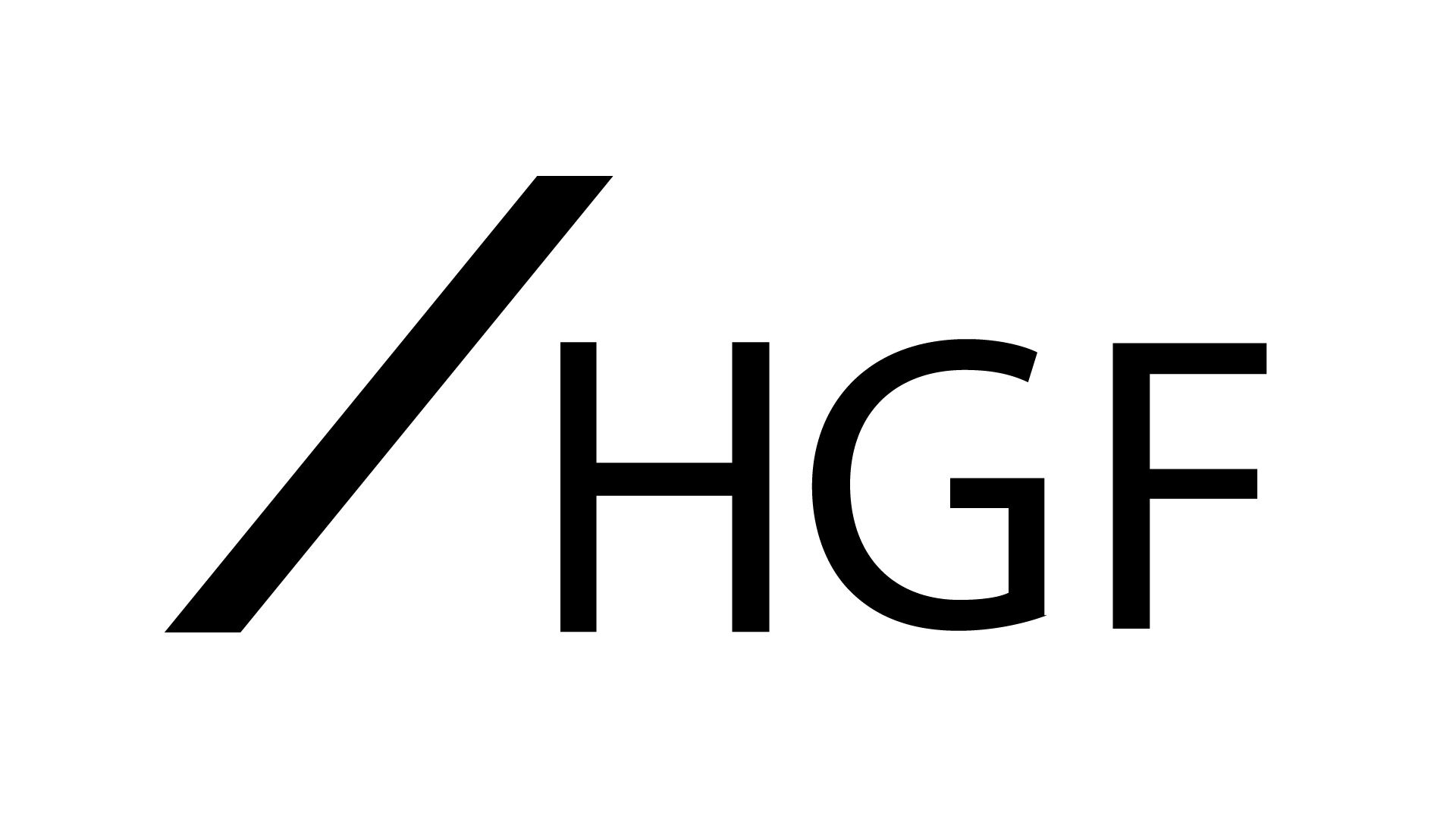Neuigkeiten
Furlough and entitlement
August 2020
Recently we reviewed with a client a new invention, for which there is a (currently unanswered) question whether the employee devised this invention whilst on furlough. It has therefore led us to consider how the furlough scheme may affect entitlement for other inventions and employers.
In response to the global COVID-19 pandemic approximately 9.5 million jobs from 1.2 million different employers[1] were furloughed in the UK. According to HMRC’s guidelines a furloughed employee cannot make money for the employer’s organisation or any organisation linked or associated with the organisation, or provide services for the employer’s organisation or any organisation linked or associated with the organisation[2]. As such, if an employee devises an invention whilst on furlough the question arises would the employer be entitled to that invention under Section 39 UK Patents Act 1977 which defines ownership of an employee invention in the UK?
Section 39 UK Patents Act 1977
(1) Notwithstanding anything in any rule of law, an invention made by an employee shall, as between him and his employer, be taken to belong to his employer for the purposes of this Act and all other purposes if –
(a) it was made in the course of the normal duties of the employee or in the course of duties falling outside his normal duties, but specifically assigned to him, and the circumstances in either case were such that an invention might reasonably be expected to result from the carrying out of his duties; or
(b) the invention was made in the course of the duties of the employee and, at the time of making the invention, because of the nature of his duties and the particular responsibilities arising from the nature of his duties he had a special obligation to further the interests of the employer’s undertaking.
(2) Any other invention made by an employee shall, as between him and his employer, be taken for those purposes to belong to the employee.”
There are thus three different situations under “normal circumstances” that an invention may be owned by the employer:
- The invention was made in the course of the employee’s normal duties and the circumstances were such that an invention might reasonably be expected to result.
- The invention was made outside of the course of the employee’s normal duties, but in the course of duties specifically assigned to the employee, and the circumstances were such that an invention might reasonably be expected to result.
- The invention was in the course of employee’s normal duties and they had a special obligation to further the interests of the employer’s undertaking
Regarding the second option, given the very definition of furlough is that an employee cannot work, it seems logical that an employee cannot be specifically assigned duties where an invention might reasonably be expected to result. Accordingly, in that situation if the invention was made outside of what would ordinarily be the employee’s normal duties, the invention may be owned by the employee even if the employer had (during the furlough) specifically assigned a task to the employee which resulted in the invention.
Regarding the first and third option, if the invention arose during what would in normal times be considered to be the employee’s normal duties (and the invention might reasonably be expected to result from those duties, or the employee had a special duty to further the interests of the employer – for instance if they are a company director), the question remains whether those normal duties persist during furlough.
Looking to case law, Prosyscor Ltd v Netsweeper Inc & Ors [2019] EWHC 1302 (IPEC) addressed employee inventions being devised at home, outside office hours and using only tools owned by the individual, and concluded in a case where the employer would have irrefutably been entitled to the invention otherwise, the fact that the acts were done at home makes no difference.
“a case where there is otherwise doubt about whether an individual’s acts were conducted in the course of his normal duties, the fact that they were done at home, outside office hours and using only tools owned by the individual may tip the assessment towards the view that the acts were not done in the course of his normal duties. But where, as here, they are very much the sort of acts which the individual was paid to carry out for the company, the fact that they were done at home makes no difference. Acts of a nature such as to be within the normal course of an employee’s duties do not cease be so merely because the employee decides to carry out those normal duties at home and/or outside office hours and/or on his own equipment”
However, this decision assumes that during office hours at least the employee’s normal duties were still in effect. In Harris’s Patent [1985] R.P.C. 19, the “normal duties” of an employee were defined as the actual duties which he was employed to do[3]. In the case of the employee being on furlough, it seems there are two options: either the employee’s actual duties are effectively on hold, or the furlough period may be considered simply an extended period at home and outside office hours and their actual duties have remained the same as normal times. The former option would tend to suggest that the employer has no claim to the invention. The latter option would tend to suggest that the employer would be entitled as the invention in line with the decision in Prosyscor.
Conclusion
It is currently unclear how the UK courts will define an employee’s duties during furlough. It would therefore seem prudent to formalise ownership for any inventions made by an employee while they are on furlough by executing an assignment from the employee-inventor to the employer.
[1] https://www.statista.com/statistics/1116638/uk-number-of-people-on-furlough/#statisticContainer Daniel Clark, 22 July 2020
[3] Commentary on Section 39, UKBC-CIPAPAT 466946312
This update was prepared by HGF Patent Director Richard Gover. If you would like further advice on this or any other matter, please contact Katherine or Richard. Alternatively, you can contact your usual HGF representative or visit our Contact page to get in touch with your nearest HGF office.
































